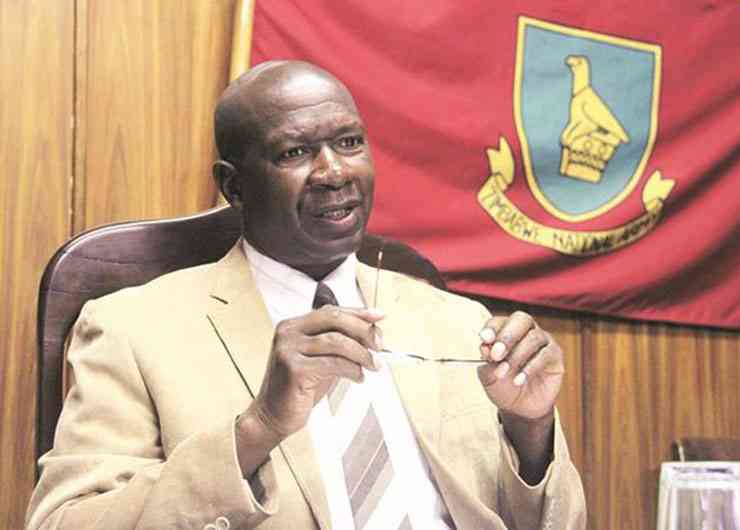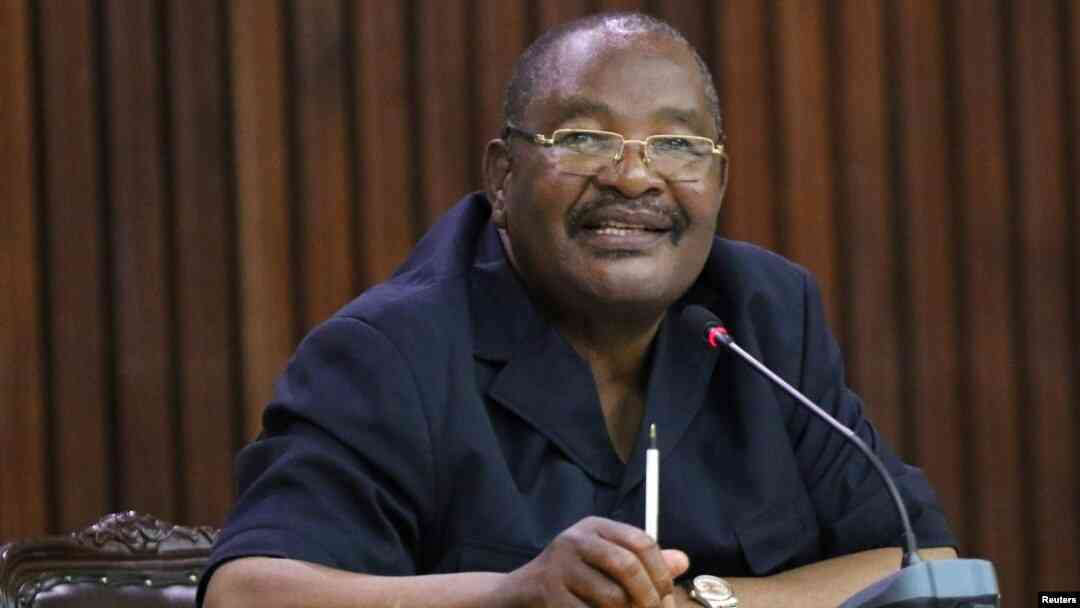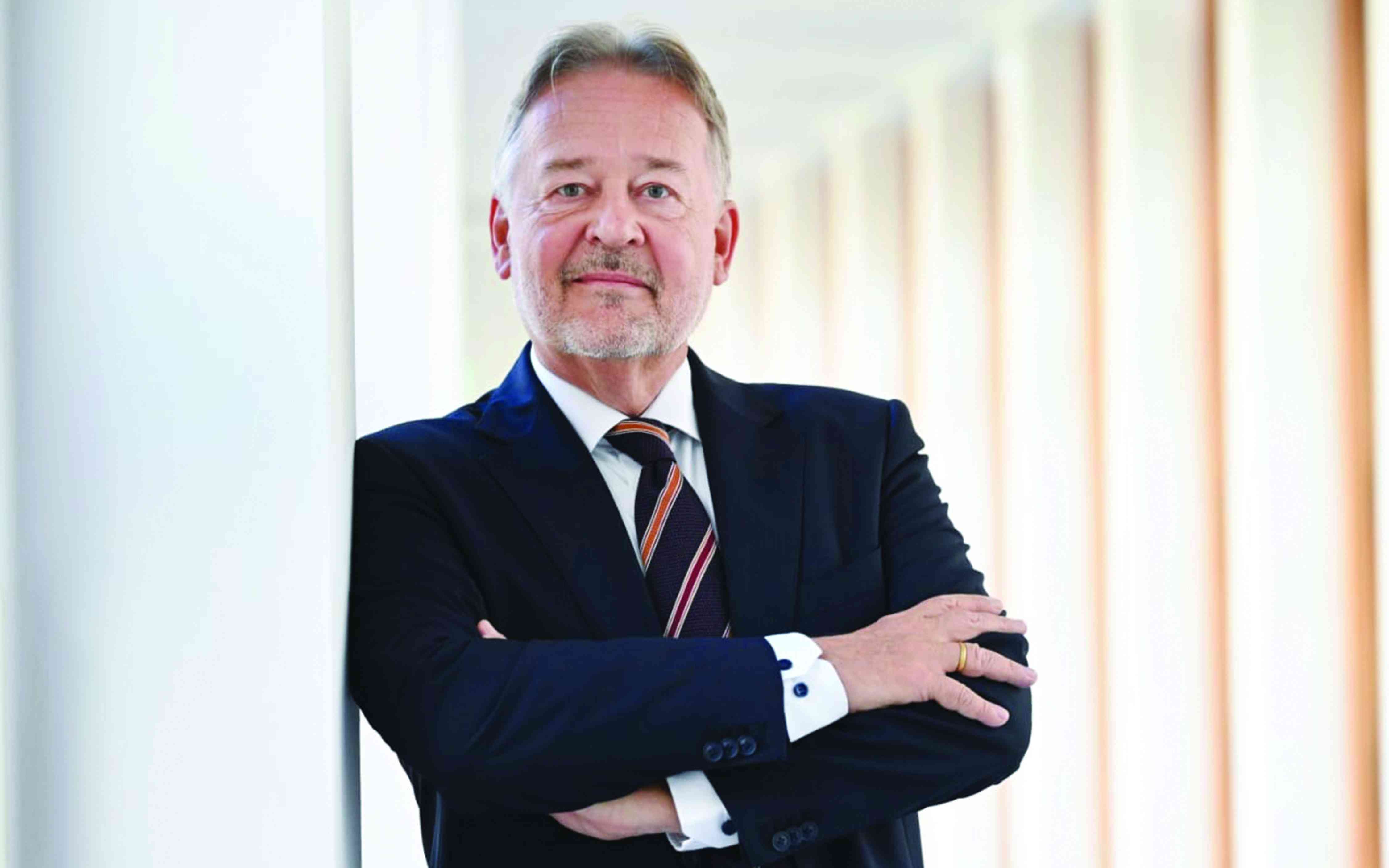
BLUE Carbon, United Arab Emirates (UAE) headquartered firm is setting up a carbon credit project in Zimbabwe after signing a deal with the government. The project, which will run Under Article 6 of the Paris Agreement, is expected to help the country fight the impact of climate change. The project will cover 7,5 million hectares, and will bring millions of United States dollars to Zimbabwe. President Emmerson Mnangagwa and Sheikh Ahmed Dalmook Al Maktoum, chairperson of Blue Carbon and a member of Dubai’s ruling family, witnessed the signing ceremony. Zimbabwe Independent deputy news editor Tinashe Makichi (TM) caught up with Josiane Sadaka (JS), chief executive officer at Blue Carbon, to unpack the deal. Below are the excerpts of the interview:
TM: Can you explain the meaning of your Carbon Credits project in Zimbabwe and Africa? Why did you choose Zimbabwe ahead of other African countries?
JS: Zimbabwe, like many countries in Africa, is facing various environmental challenges that include ecosystem degradation, driven by factors, such as population growth and the impact of climate change.
Blue Carbon will be developing various projects in eligible lands throughout Zimbabwe, which will tackle these environmental challenges. Our activities will include conservation, reforestation, agroforestry, and sustainable forest management practices.
These projects will not only provide immense environmental and community benefits, but also ensure emission removal and reduction for the generation of carbon credits.
This will bring financial returns for the government and communities involved. At a global level, these Article 6 compliant credits will serve to meet Nationally Determined Contribution targets through Internationally Transferred Mitigation Outcomes transfers and serve to meet the crucial goals of the Paris Agreement.
TM: This is important. Tell us about your choice for Zimbabwe?
JS: We opted for Zimbabwe due to our strong ties with the country, which has a commendable approach to nature conservation. Zimbabwe also has the newly established carbon framework, which aligns with our goals. It is also clear that despite government efforts to preserve sensitive ecosystems, conservation efforts are still required to protect these ecosystems and provide benefits to local communities in the process.
- Feature: Horrors of high unemployment
- Zimbabwe crisis a boon for neighbours
- CFI chair voted best leader
- Zimind editor scoops global award
Keep Reading
TM: What is the expected investment in the project and its turnover period?
JS: At this stage, it is difficult to pinpoint the expected investment and turnover period. We are in the pre-feasibility or scoping phase, assessing various landscapes and conducting landscape dynamics analysis. Our goal is to identify the most vulnerable ecosystems that could benefit from a carbon project. Once we finalise a potential project area, we will be in a position to estimate the investment and forecast the turnover period.
TM: How is the project going to benefit an ordinary person in Zimbabwe?
JS: Blue Carbon is committed to environmental conservation and restoration, integrating community members in project implementation, elevating livelihoods, and advancing sustainable development goals. These fundamental objectives form the bedrock of the intended projects in Zimbabwe, guaranteeing benefits for local communities and the environment.
The project’s activities will include community incentive plans in alignment with project goals and local stakeholder needs. These endeavours are expected to yield several advantages through reinvestment of revenue generated by the project. These advantages include improved crop yields through agricultural programmes, implementation of renewable energy projects, the potential for improvement in the educational and healthcare sectors, diversified income sources, employment prospects, bolstered community climate resilience, and capacity-building activities, including training opportunities.
TM: Considering the political risk associated with Zimbabwe, do you not think your investments in Zimbabwe will be at risk?
JS: Blue Carbon is confident in the strength of its strategic partnership with the Republic of Zimbabwe. This collaborative alliance underscores the shared dedication of both parties to the successful realisation of the project's goals and will demonstrate resilience in the presence of any potential risks.
We acknowledge that every country presents its unique set of challenges, including political risks. Our primary focus is on the potential long-term benefits for both communities and the environment. We remain optimistic that our project interventions in Zimbabwe will be enduring and make a positive difference.
TM: How are local companies and businesses going to benefit from this project?
JS: We envisage that our endeavours under the project will encourage innovation and job creation, and foster enduring partnerships between the project and Zimbabwean enterprises. For example, we fully understand that giving preference to Zimbabwean goods and services plays a pivotal role.
This preference significantly stimulates the growth of indigenous companies and businesses, which aligns with our dedication to making the project a driving force for sustainable economic development within Zimbabwe.
This project promises to unlock significant economic opportunities for Zimbabwe through carbon credit revenues. It also unlocks several socio-economic benefits stemming from its investments and activities. By aligning with Zimbabwe's development goals and focusing on sustainable practices, we are confident in our assessments that the project is well-positioned to address specific environmental challenges of Zimbabwe and contribute to economic viability.
TM: Do you think Zimbabwe has the requisite skills to run the project?
JS: Blue Carbon is committed to the development of local capacity and fostering collaboration with Zimbabwean nationals. While recognising the potential need for specialised expertise and the participation of skilled expatriates, our objective is to progressively empower and upskill local talent, enabling them to transition into complex roles.
TM: How many people are going to be employed in the projects?
JS: The number of people to be employed in the project is dependent on various matters and will be determined as the project progresses and becomes more defined. As mentioned earlier, we are in the initial phases of project design, making it challenging to provide a precise employment figure. The number will largely hinge on the specific interventions and activities we undertake. For instance, reforestation initiatives alone can employ hundreds of individuals.
TM: What is the difference between this project and existing carbon credit projects in Zimbabwe?
JS: While many existing projects are voluntary, Blue Carbon’s initiative is an Article 6 compliance project. This distinction is crucial because it involves a formal partnership with the government. Under Article 6, our project operates in direct collaboration with the government, and all decisions regarding project implementation and resulting benefits are made in conjunction with government. Additionally, the government has the prerogative to claim the outcomes and benefits that we will achieve, making this a more comprehensive and government-backed effort to address carbon emissions and climate change in Zimbabwe.










